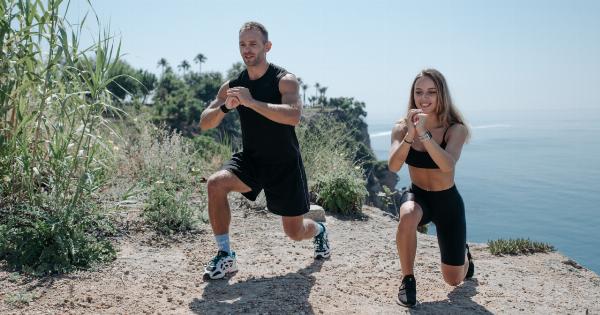Hypothermia is a medical emergency that occurs when the body’s core temperature drops below 95 degrees Fahrenheit or 35 degrees Celsius. This condition can be life-threatening if not treated promptly.
Understanding the symptoms, causes, and treatment of hypothermia is crucial for staying safe in cold weather or outdoor activities.
Symptoms of Hypothermia
Hypothermia can happen quickly and without warning, and the symptoms can vary depending on the severity of the condition. Some of the most common symptoms of hypothermia include:.
- Shivering
- Drowsiness or extreme fatigue
- Confusion or disorientation
- Slurred speech
- Weak pulse
- Shallow breathing
- Loss of coordination or mobility
- Severe hypothermia can cause unconsciousness or coma
If you notice any of these symptoms in yourself or in someone else, seek medical attention immediately.
Causes of Hypothermia
There are a number of factors that can contribute to the development of hypothermia. Some of the most common causes include:.
- Exposure to cold temperatures
- Wet or damp clothing
- Wind or extreme weather conditions
- Dehydration or lack of fluids
- Poor nutrition or exhaustion
- Alcohol or drug use
- Age (the elderly are more susceptible to hypothermia)
- Medical conditions that interfere with circulation or body temperature regulation, such as diabetes or thyroid disorders
It’s important to recognize that hypothermia can occur even at temperatures above freezing, so it’s essential to take precautions and stay aware of the signs of hypothermia.
Treatment for Hypothermia
The goal of treatment for hypothermia is to raise the body’s core temperature and prevent further heat loss. Depending on the severity of the condition, treatment may include:.
- Warming blankets or heat lamps
- Hot drinks or liquids, such as broth or tea
- Warm clothing and dry socks and shoes
- Massage or other gentle warming techniques
- Gradual rewarming in a hospital setting
In some cases, medication may be necessary to help improve circulation, regulate body temperature, or treat underlying medical conditions that contribute to hypothermia.
Preventing Hypothermia
The best way to prevent hypothermia is to be prepared, especially in cold or wet weather. Some tips for preventing hypothermia include:.
- Dress in layers, and wear warm, dry clothing and waterproof shoes or boots
- Stay hydrated, and avoid alcohol or drugs that can impair judgment or temperature regulation
- Take frequent breaks indoors or in a warm shelter, especially if you start to feel cold or fatigued
- Cover your head and neck, and wear gloves or mittens to protect your extremities
- Avoid overexertion and conserve energy whenever possible
- Be aware of the signs and symptoms of hypothermia, and seek medical attention if necessary
Conclusion
Hypothermia is a serious condition that can have life-threatening consequences if not treated promptly. By being aware of the symptoms, causes, and treatment of hypothermia, you can take steps to stay safe in cold weather or outdoor activities.
Remember to dress appropriately, stay hydrated, and be prepared in case of an emergency.






























